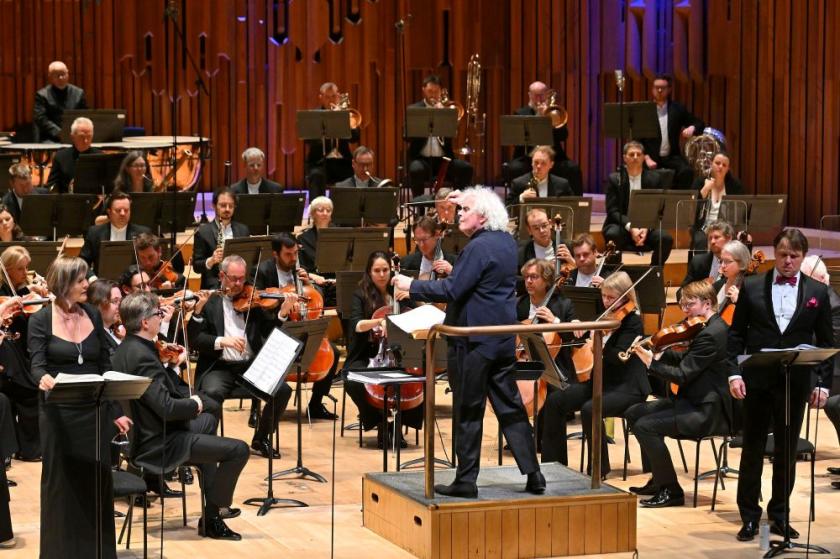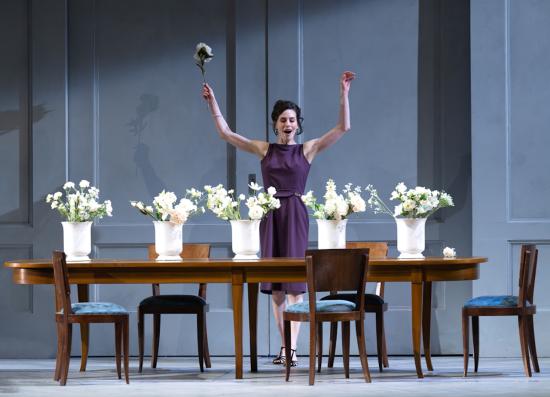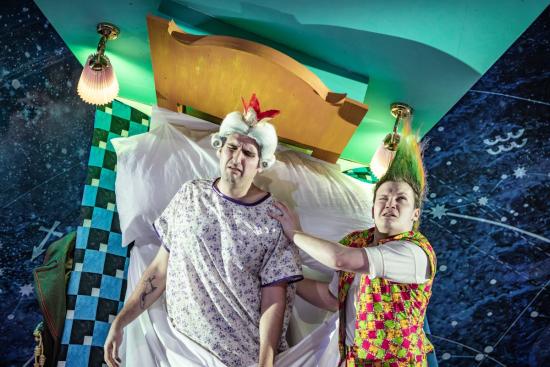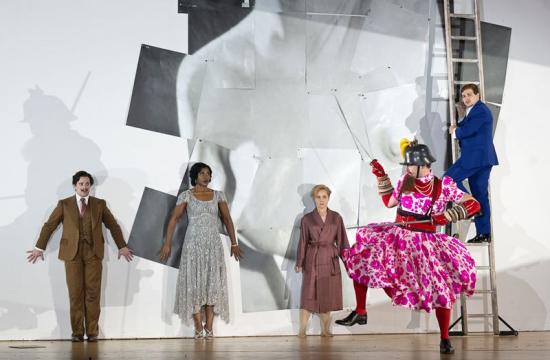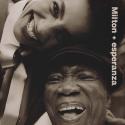opera reviews, news and interviews
the future of arts journalism
You can stop theartsdesk.com closing!
We urgently need financing to survive. Our fundraising drive has thus far raised £33,000 but we need to reach £100,000 or we will be forced to close. Please contribute here: https://gofund.me/c3f6033d
And if you can forward this information to anyone who might assist, we’d be grateful.

latest in today
We are bowled over! We knew that theartsdesk.com had plenty of supporters out there – we’ve always had a loyal readership of arts…
The cellist and the pianist famously have a more competitive relationship in Brahms’ Cello Sonata in E minor than in many compositions for…
Evil capitalists are in the cross-hairs of this six-part thriller, conceived and mostly written by Sotiris Nikias. Possibly not the most…
Any conductor undertaking a journey through Mahler's symphonies - and Vladimir Jurowski's with the London Philharmonic Orchestra has been…
Perhaps it was the thought of “Blue Monday”, which fell a week ago, that stimulated the choice of Lili Boulanger’s D’un soir triste as the…
After over 600 gigs, London based brother-and-sister duo The Molotovs have finally released their debut album. It’s fair to say that for a…
Following the 2010 release of The Fallen By Watch Bird, Jane Weaver has gone on to issue a further four conventional albums – there are…
This year the Royal Court is 70 years old. Yes, it’s that long since this premiere new writing venue staged its opening season, whose third…
If modern and post-modern dance has a reputation for being earnest, then this latest curation of British and American pieces shows another…
Scottie Fitzgerald, the sole offspring of F Scott Fitzgerald and Zelda, swigs from a hip flask where she shouldn’t (she inherited the…
Most read
If any readers can still remember 2024’s first iteration of Red Eye, they will have an approximate idea of the kind of things they can…
Whatever esperanza wants, it would seem, esperanza gets. From over-riding normal conventions of using capital letters in her name, to an…
For his latest pick’n’mix sortie into the world of the women’s picture, François Ozon has gone back to the 1930s and a popular play of the…
A picture is worth more than a thousand words, never more so than with the photographs of Don McCullin. The octogenarian photographer’s…
Evil capitalists are in the cross-hairs of this six-part thriller, conceived and mostly written by Sotiris Nikias. Possibly not the most…
The cellist and the pianist famously have a more competitive relationship in Brahms’ Cello Sonata in E minor than in many compositions for…
Christopher Eccleston’s performances have a raw-boned, visceral quality which makes him a sometimes unsettling - but always compelling -…
In April 1973, John Peel wrote that “For my money, Tangerine Dream are the best of the Kosmische Music bands. Whenever any of their…
Ride: Going Blank AgainKieron TylerWhen Oxfordshire’s Ride arrived in the shops via Creation Records, they were the sonic little brothers…
Maybe it was the cold weather. Maybe it was the disparate list of comics on the bill. Maybe it was a host (Fatiha El-Ghorri) who said that…

